China urges US to handle Taiwan question prudently, adhere to ‘one-China principle’
Upping the ante, Beijing on Monday advised Washington to “fully recognize the high sensitivity” of Taiwan question and handle the matter with prudence.
Chinese Foreign Ministry spokesperson Zhao Lijian, during a press briefing in Beijing, asserted that the “one-China principle” is recognized by a large majority of countries around the world and complying with it is the common will and prevailing trend.
"Taiwan question is the most important and sensitive issue between China and the United States," Lijian said, describing the one-China principle as the political foundation of China’s relations with the United States.
The spokesperson said Beijing is firmly opposed to official exchanges between the US and Taiwan, calling on Washington to stop these exchanges, and not to instigate separatist forces seeking “Taiwan independence.”
“China urges the US to fully recognize the high sensitivity of the Taiwan question, adhere to the one-China principle and the three China-US joint communiques,” Lijian said.
China, which considers the self-governed island as part of its own territory, has grown increasingly assertive in recent months after the new US administration’s attempts to interfere in Taiwan.
A report in the Financial Times on Sunday said the administration of President Joe Biden has concluded that China "is flirting with the idea of seizing control of Taiwan as President Xi Jinping becomes more willing to take risks to boost his legacy."
Biden, the report stated, has made it his mission to reinvigorate America’s alliances and mobilize them for a new purpose: competition with China.
Pertinently, last month, a US warship passed through the strategically-sensitive Taiwan Strait, which separates self-ruled Taiwan from mainland China, first such provocative move since Biden assumed office.
Washington also recognizes Chinese sovereignty over the island, but it has antagonized Chinese officials by selling weapons to Taiwan, bypassing Beijing, and also backing the secessionist Taiwanese President Tsai Ing-wen.
Philip Davidson, the outgoing head of the US military's Indo-Pacific Command, had warned US senators earlier this month that the United States is losing its military power over China, and that Beijing could seize control of Taiwan by 2027
"We are accumulating risk that may embolden China to unilaterally change the status quo before our forces may be able to deliver an effective response," he told the Senate armed services committee
“Taiwan is clearly one of their ambitions... And I think the threat is manifest during this decade, in fact, in the next six years,” he added.
The worsening relations between the White House and Beijing were on full display recently at the US-China meeting in Alaska, where the two sides exchanged heated arguments.
US Secretary of State Antony Blinken, commenting on simmering tensions between the two countries, on Sunday said the US relationship with China was growing "adverserial."
“There are clearly increasingly adversarial aspects to the relationship, there are certainly competitive ones,” Blinken told CNN.
China on Sunday announced sanctions on US and Canadian citizens, including Gayle Manchin, chair of the US Commission on International Religious Freedom, and Tony Perkins, the vice-chair of the commission, in retaliation for sanctions by the US and its allies on Chinese officials.
In a coordinated move, the United States, the European Union, Britain and Canada on Monday imposed sanctions on four senior Chinese officials for their role in the detention of Muslim Uyghurs in Xinjiang.
Lebanon’s parliament speaker urges pressure on Israel to stop ceasefire violations
UK government asked not to release Mandelson emails on Epstein: Report
VIDEO | Gaza Ramadan initiative
Hillary Clinton slams Trump for ‘betraying the West and NATO’
UN Staff group defends Francesca Albanese, condemns European ministers’ ‘vitriolic’ accusations
We will fight to the death for Iranian waters and islands: IRGC commander
Sheikh Qassem: Hezbollah does not seek war, but will never surrender
Hamas slams Israel's plan to expand East al-Quds boundaries


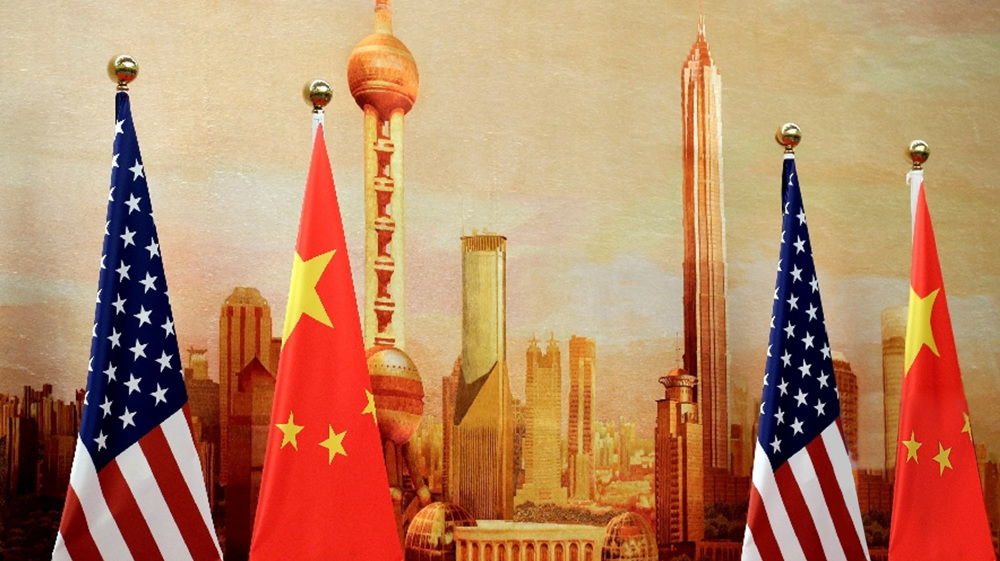


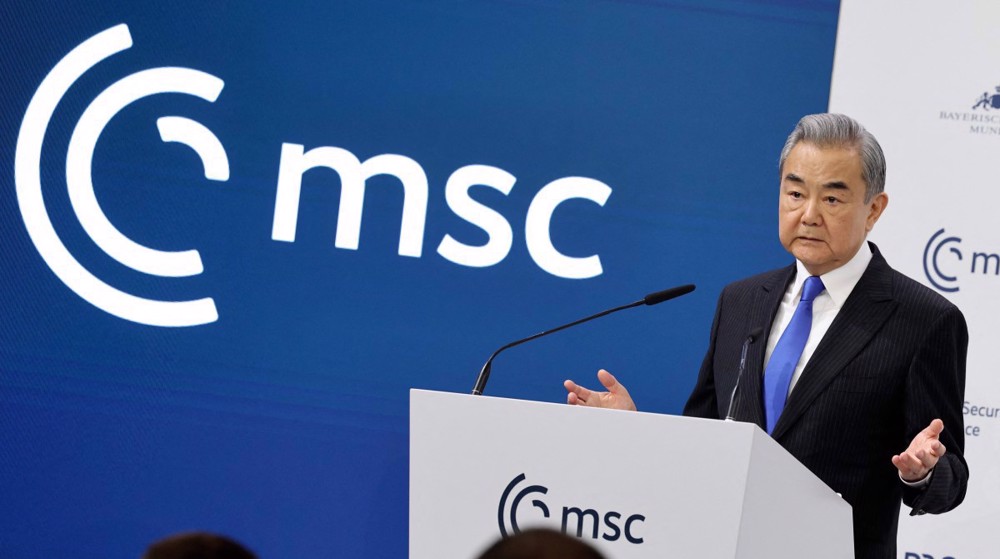




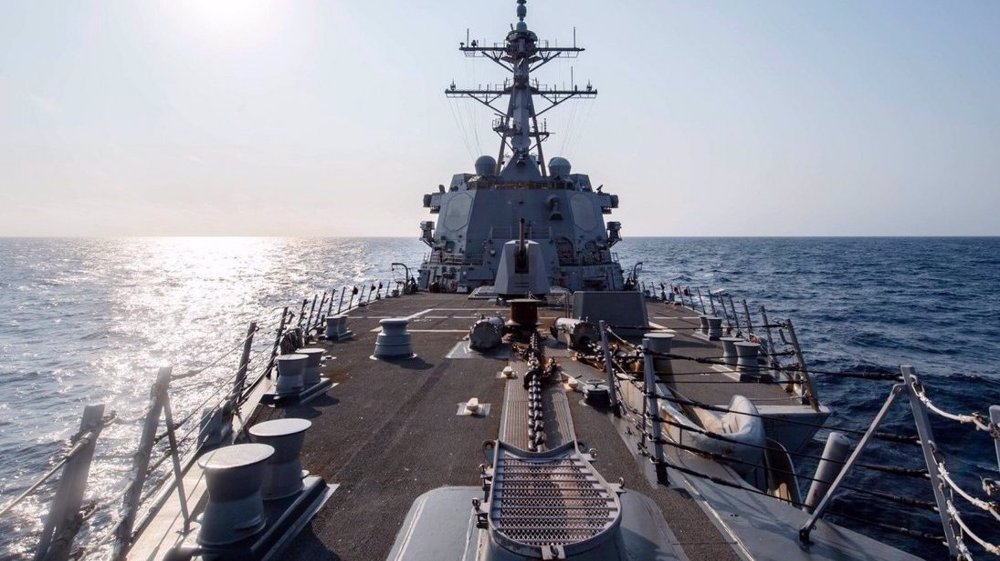
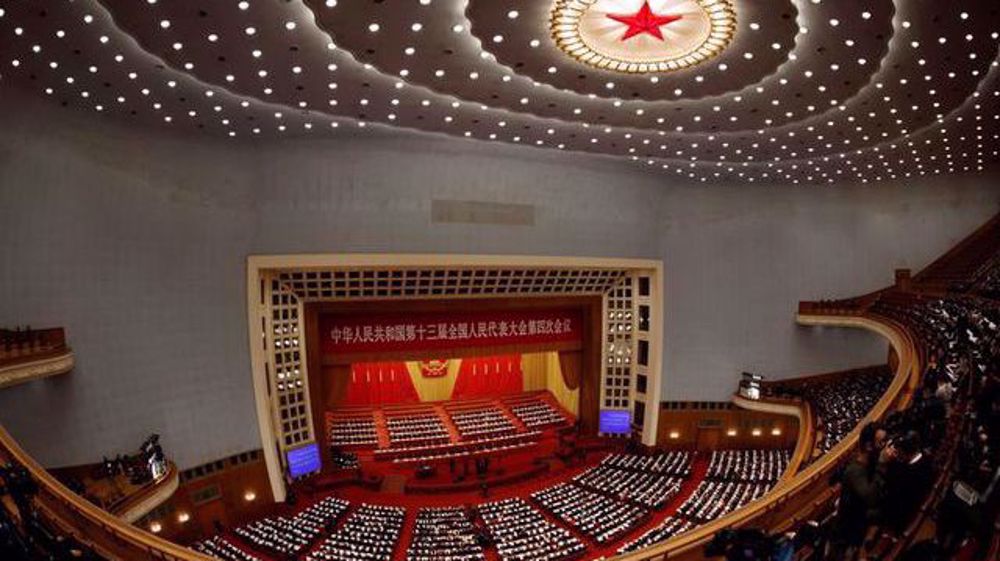
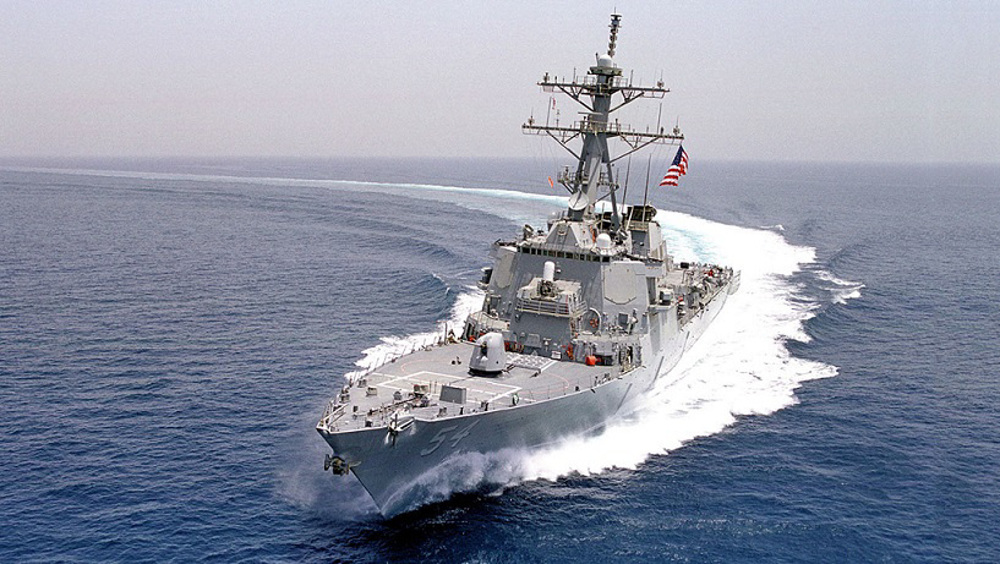
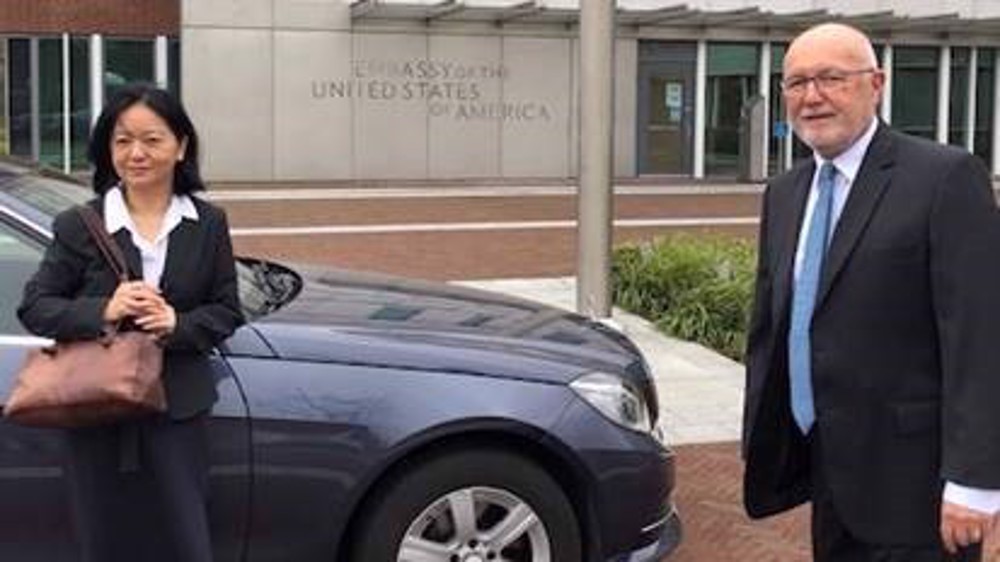

 This makes it easy to access the Press TV website
This makes it easy to access the Press TV website